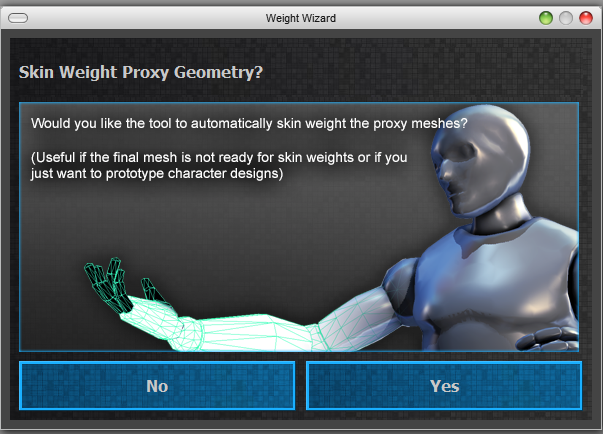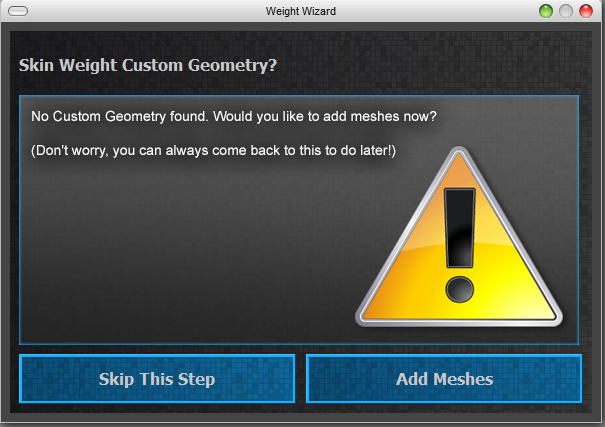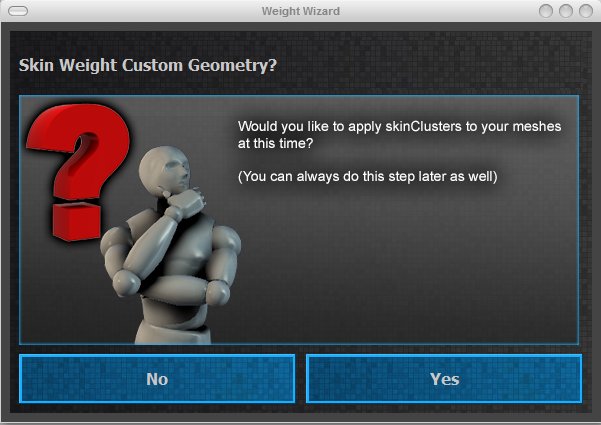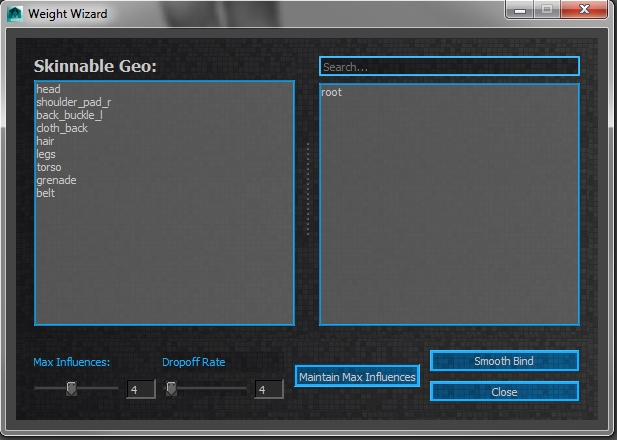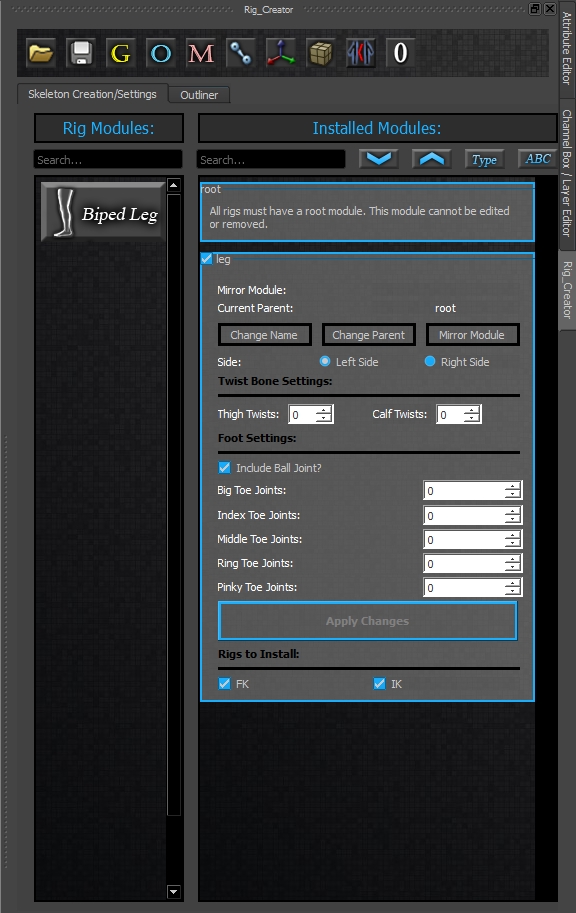Character Skin-Weighting Techniques in Maya
Throughout these lessons, we will build a skeleton for our character model, learn about joint orientations and their impact on deformations, and skin-weight the entire character from beginning to end. We'll cover things to look for in the model that will cause issues with deformation down the road. We'll even go over editing the model to fix any errors that will inhibit us. Many skin-weighting techniques and tools are discussed and used throughout the course. You'll also learn how to transfer weights between meshes, how to mirror skinning on asymmetrical meshes, what to look for when skinning to ensure the best deformations, and we'll finish by creating a range of motion(ROM) animation and putting our character in a pose, which will test our skinning out. By the end of the course, you should have a firm grasp on the techniques needed and used to get great looking deformations on your characters.















